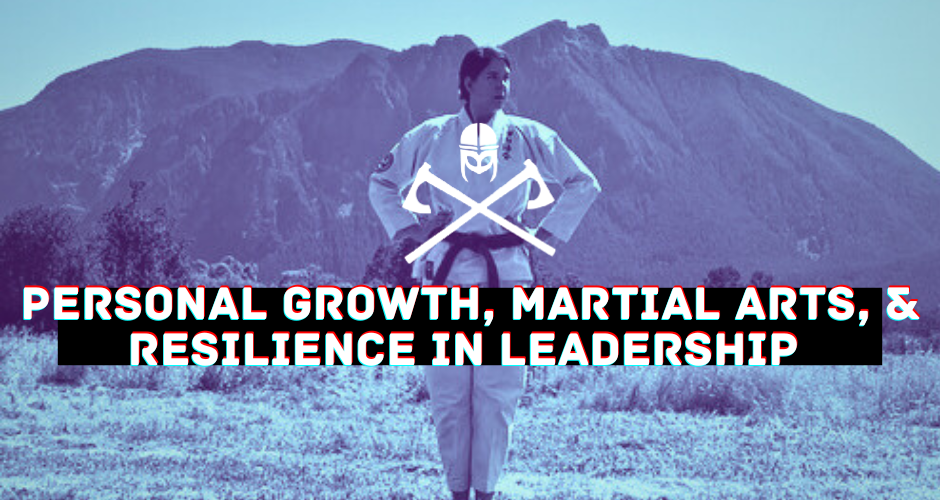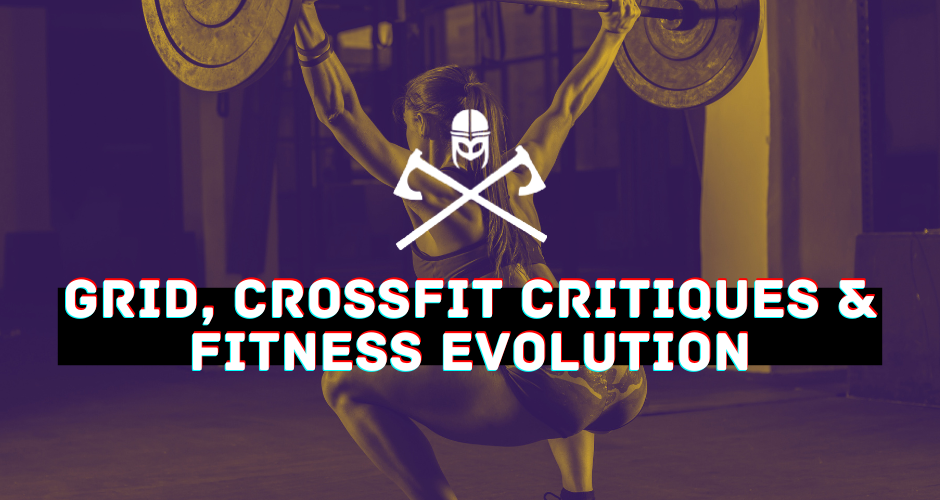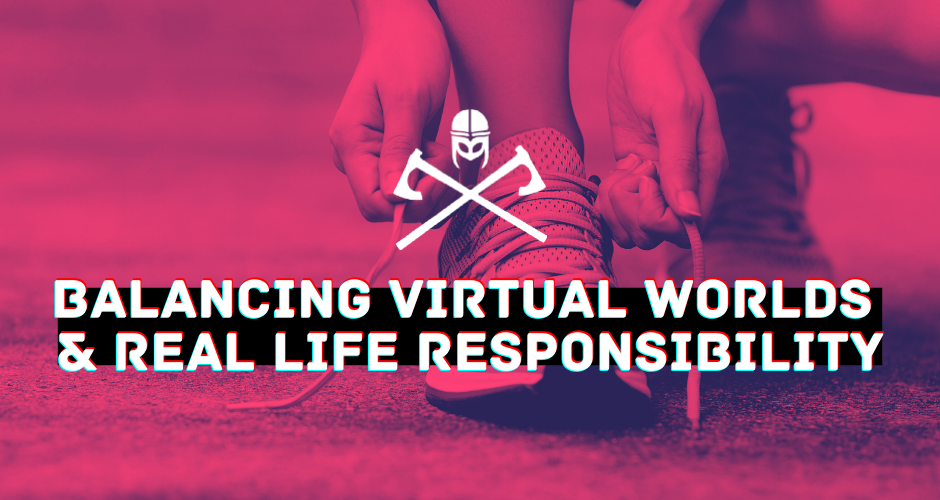
by Gene Crawford | Feb 17, 2025 | Podcast
In this episode we dive into the power of stealth biometrics—how tracking key health metrics, inspired by the Whoop strap, can transform both personal wellness and business strategy. A wake-up call from alarming blood work sparked a journey of self-optimization—leveraging sleep tracking, stress management, mindful eating, and intermittent fasting to build resilience and peak performance.
But this isn’t just about health. The same principles that drive physical improvement—data, discipline, and continuous progress—are the foundation of business success. We break down how tracking and measuring key metrics can help you build financial safety nets, create sustainable growth, and cultivate a mindset built for long-term success.
Tune in to discover how embracing data-driven decisions and consistent refinement can elevate both your body and your business. It’s time to take control, set meaningful goals, and thrive.
(more…)

by Gene Crawford | Feb 3, 2025 | Podcast
Unlock the secrets of mastering your mindset in this episode, where ancient wisdom meets modern challenges. We explore how traditional martial arts and stoic philosophy, with insights from masters like Masakai Ikemiyagi and Ryan Holiday, foster resilience and growth. Reflecting on Seneca’s teachings, we highlight the value of time, relationships, and intentional communication while sharing strategies to overcome fear and procrastination. Through personal anecdotes and listener stories, we discuss overcoming addiction, embracing spirituality, and building meaningful connections. With a critical look at online life advice, this episode offers reflection, practical tips, and inspiration to fuel your journey toward fulfillment.
(more…)

by Gene Crawford | Jan 6, 2025 | Podcast
Heather’s inspiring journey from a political newcomer to a 2x re-elected State House representative takes center stage in our latest episode. Hear firsthand how Heather’s perseverance and integrity have shaped her political career, offering valuable lessons on maintaining authenticity in a world often dominated by negativity. You’ll come away with insights into Heather’s unique campaign strategies that focused on accomplishments and future plans, proving that staying true to one’s principles can indeed pave the way to electoral success.
Our conversation also navigates the complex waters of maintaining genuine relationships in the digital age and the critical role of persistence. In a political landscape where perceptions can be as fleeting as a tweet, Heather shares her experience of building a reliable support system that stands through trials and triumphs alike. We tackle the pressing issues of public perception and the ever-present challenge of communicating intricate topics succinctly, reinforcing the idea that resilience often stems from embracing failures as opportunities to grow.
Reflecting on personal growth and resilience, Heather opens up about the transformative power of martial arts in her decision-making process, acting as a guide for justice and integrity. The discussion extends beyond politics, touching on the universal truths of overcoming setbacks and the strength found in sincere apologies. This episode promises to inspire with stories of personal evolution, highlighting the importance of self-reflection and the courage to navigate life’s complexities with honesty and humility.
(more…)

by Gene Crawford | Dec 16, 2024 | Podcast
Join us for an exhilarating conversation with Dan Jackson, fresh off his National Championship Grid win. We celebrate his team’s groundbreaking success as the first outside Florida to win since the league went national, reflecting on their five-year journey, the challenges they overcame, and the promising future of the sport of Grid. We also spotlight his remarkable comeback, insights from preseason camps, and the intense mental and physical demands of Grid and combat sports. Finally, we delve into CrossFit’s evolving landscape, athlete coaching dynamics, and the expanding culture of competitive fitness.
Dan Jackson – danejack61612
Head Coach – @atlantawild
Swim Coach – @kennesaw_masters_swim
Swim Coach – Direct Current Swimming
M. Ed. Coach Education and Athlete Development
(more…)

by Gene Crawford | Dec 9, 2024 | Podcast
Carl Smith and I discuss transitioning from a busy digital agency to a remote work setup brought lessons in autonomy, collaboration, and balance. In this episode, we share our journey of working with industry giants like Facebook and Epic Games, navigating the risks of overcommitting, and fostering diverse client relationships and creative spaces. We also explore personal growth through fear, martial arts, stoicism, and how practices like meditation, running, and community support shaped our leadership, especially during the pandemic. With stories of friendship, gratitude, and resilience, we reflect on the moments and mementos that symbolize growth and enduring connections.
https://bureauofdigital.com
(more…)





